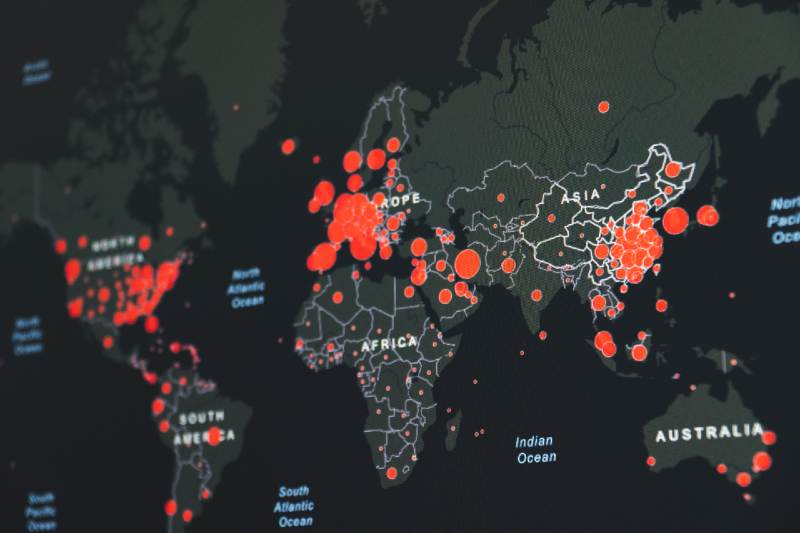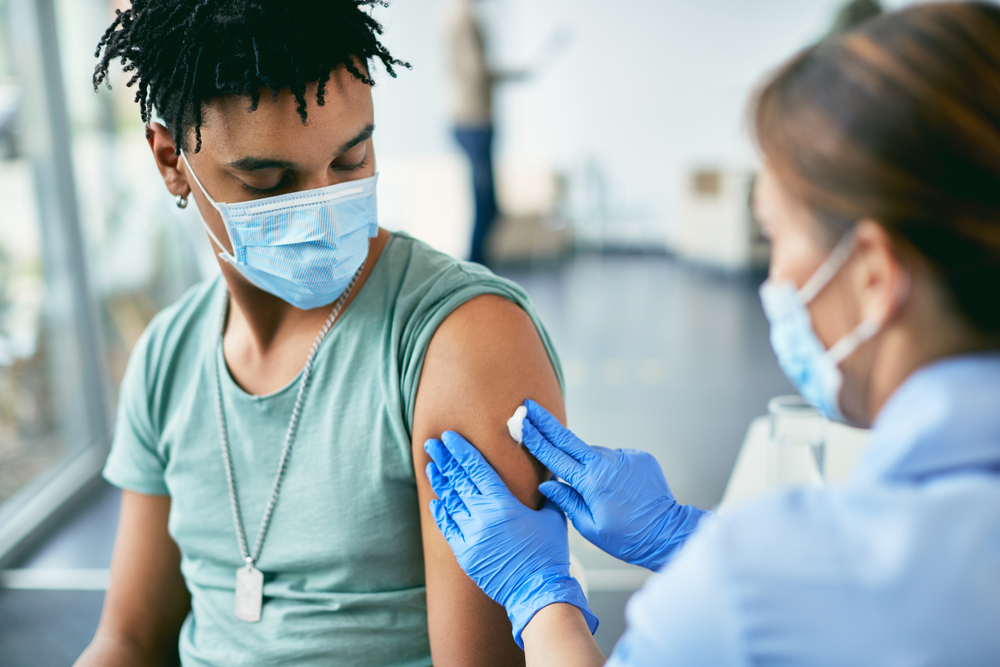
Collecting COVID-19 data and samples in a way that enables global research (ISARIC-CCP project)
Health Data Research UK involvement in the International Severe Acute Respiratory and emerging Infection Consortium (ISARIC) Clinical Characterisation Protocol (CCP), to support the UK to collect COVID-19 data and samples in a way that enables the international research required to tackle this global pandemic.

The International Severe Acute Respiratory and emerging Infection Consortium was founded in 2011 to prevent illness and deaths from infectious disease outbreaks. It is a global federation of clinical research networks, providing a proficient, coordinated and agile research response to outbreak-prone infectious disease.
This consortium is responding to the current COVID-19 outbreak by creating tools for investigators to collect and store data in a standardised way and has supported clinical trials of treatments. One of these tools, the ‘Clinical Characterisation Protocol’, has been co-developed by HDR UK members, in consultation with colleagues at the World Health Organisation.
The ‘Clinical Characterisation Protocol’ sets out how data and biological samples from patients with COVID-19 should be collected, regardless of where in the world they are. It is important that data and samples are collected in the same way around the world because it enables coordinated research on understanding the virus across the world. This is vital for tackling a global pandemic – it allows us to compare occurrences of the virus, and the disease it causes, in China, Italy, USA, UK and beyond. If data and samples are collected in a different way in each country it is much harder and sometimes not possible to compare information and draw insight that could save lives.
The ‘Clinical Characterisation Protocol’ is actually the product of many years of discussion among international investigators from a wide range of scientific and medical disciplines. Work to develop this protocol started in response to Middle Eastern Respiratory Syndrome coronavirus (MERS-CoV) in 2012-2013, Influenza H7N9 in 2013, viral haemorrhagic fever (Ebolavirus) in 2014, Monkeypox & MERS-CoV in 2018 and Tick-borne encephalitis virus (TBEV) in 2019. it is now being used for COVID-19 .
Teams at the University of Oxford (part of HDR UK Oxford) and the University of Liverpool are coordinating the UK effort to comply with the ‘Clinical Characterisation Protocol’. Key coordination activities include: capturing Case Report Form Data for the UK in a national database held at the University of Oxford; and providing guidance relating to using the Clinical Characterisation Protocol correctly, coordinated by a team at the University of Liverpool. Health data from COVID-19 patients, as well as biosamples for a range of related molecular ‘omics’ assays, are now being collected in a way that complies with the Clinical Characterisation Protocol framework.
This information – which sets out the minimum clinical data set summarising the illness episode and outcome – is regularly reported to Departments of Health across the UK’s four nations. This study is recognised by the research arm of the NHS (the National Institute for Health Research) as being an Urgent Public Health Research study and so information is being distributed by the NIHR Clinical Research Network.



